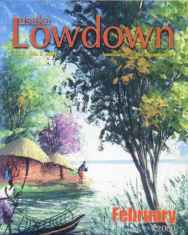 It is always a pleasure to go to Luangwa Valley, no matter the time of the year. And so, even though it was still a little cool in the mornings and evenings when most of the game-drives and walks take place, we used the long Agricultural Show weekend to get away to the Valley.
It is always a pleasure to go to Luangwa Valley, no matter the time of the year. And so, even though it was still a little cool in the mornings and evenings when most of the game-drives and walks take place, we used the long Agricultural Show weekend to get away to the Valley.
We had not been to Mchenja for many years because it had been in decline. But now the camp, one of the older lodge-sites beautifully located in a shady ebony grove on the banks of the Luangwa, has been revived and rebuilt by Tadg Wixted’s ‘Savannah Trails’ (who also owns the eight km distant Kakuli Camp).
Mchenja lies in the northern part of South Luangwa National Park (SLNP), opposite the Nsefu sector, in an area that – unlike Mfuwe – is not overly developed by other lodges and/or overrun by game viewing vehicles.
We were met at Mfuwe Airport by Mike Bailey, the camp’s part-owner/manager/guide, who took us back to his place, a distance of 30 km, game viewing on the way. Fellow guests were a young African-American couple, first-comers to the Valley, whose obvious delight at the game en route was a joy to see. The four of us were the only guests (apparently Mchenja’s fame has not spread very widely yet) which meant we had management’s undivided attention.
We were allocated one of the six A-frame chalets (the camp can accommodate ten people) that are built in a semi-circle, three to the right and three to the left of the central chitenje (bar/dining) area. They have an elevated veranda in front which overlooks a mespiliformis-ebony, (also called Jackalberry tree) grove at the back.
The chalets are cosy (one could term them ‘rather small’), built close together, and made of wooden walls and a thatched ceiling. They contain two single beds, two nightstands, two luggage racks, a rug and a mosquito net. When the ‘walk-in’ net is spread in the evenings it fills the whole room, leaving little space to move about. There is nowhere to hang clothes or place larger items – one has to literally “live out of the suitcase” – but, or so we were assured, cupboards and shelves will soon be installed on the veranda. The en-suite bathroom is more comfortably-sized, with a basin, toilet and shower cubicle. Hot water comes from ‘Rhodesian boilers’; light is provided by solar energy – no noisy generators here!
Looking out of the bathroom window, I could see bushbuck and baboons in the grove’s undergrowth; and, sitting on the ‘balcony’ in front, watch birds and hippo in the river. At night we heard the resident leopard coughing nearby, hyenas being hysterical, elephants shuffling through dead leaves, and Scops owls doing their prrrt prrrt thing.
The central chitenje is oval-shaped and open to the river, containing a dining area (though our dining always took place under the stars outside), a bar, and a small library with comfortable wicker chairs. More chairs are placed on the riverfront for up-close viewing of waders and crocs – or a comfy snooze in the shade. And this is the attraction of Mchenja – the peace and quiet, beautiful views, plentiful game, cool shade, and all in a lovely setting.
What makes the camp remarkable is its cuisine. Louise, the caterer, and Lawrence, the cook, produced some wonderful meals for brunch and dinner – the spinach soup, chicken and leek pie, aubergine moussaka, and curry and peanut chicken were truly memorable.
What makes the camp outstanding is Mike’s guiding. Having an MSc in Environmental Biology plus many years’ experience in the Valley, he is one of the best guides in South Luangwa National Park – at least to my mind. We went on morning walks and afternoon drives, and appreciated being shown not only big game but also the little things in the bush: the content of antbear scat, the spoor of a lizard tail, the barbed hooks of ‘buffalo beans’, the rubbing post of a warthog, while listening to the chattering of an alarmed squirrel or the ringing call of a fish-eagle.
Not that we didn’t appreciate the big things: the thirteen skinny lions in a mangy condition that took two days to polish off a dead hippo; the huge leopard crouched motionless, waiting to pounce on an impala (he didn’t succeed); the flocks of yellow billed storks fishing out of a drying pond; the enormous herds of buffalo coming to the river to drink, not to mention the ubiquitous ‘UN birds’ – those guys in blue helmets that run around in circles and don’t know what to do (thanks for that one, Ian) – the guinea-fowls.
Rates: US$ 160 pp/night double, US$ 180 single (domestic rate); US$ 285 double, US$ 375 single (international rate) all – inclusive.
by Ilse Mwanza
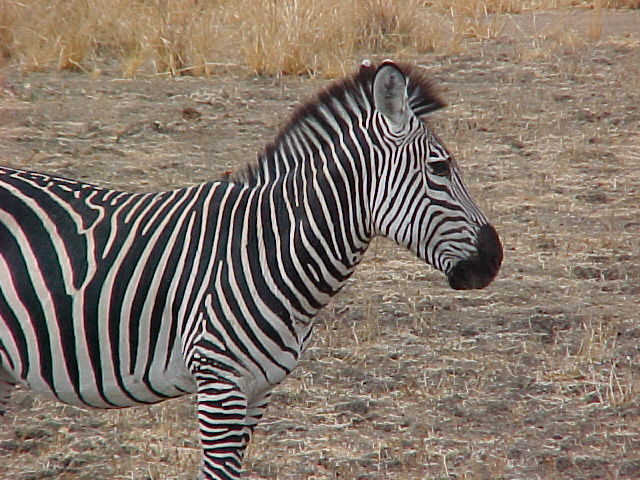
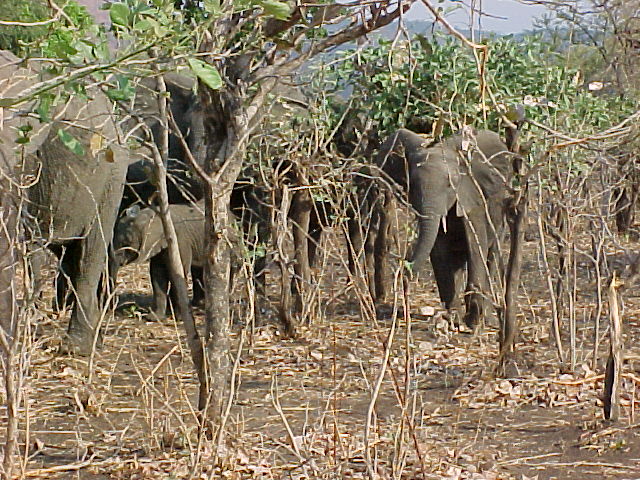
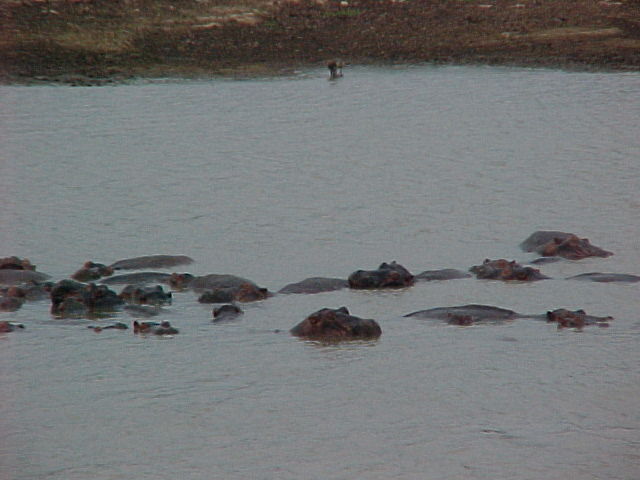
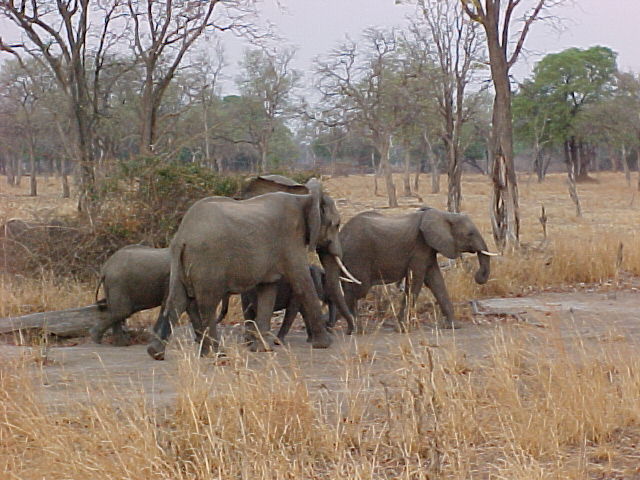
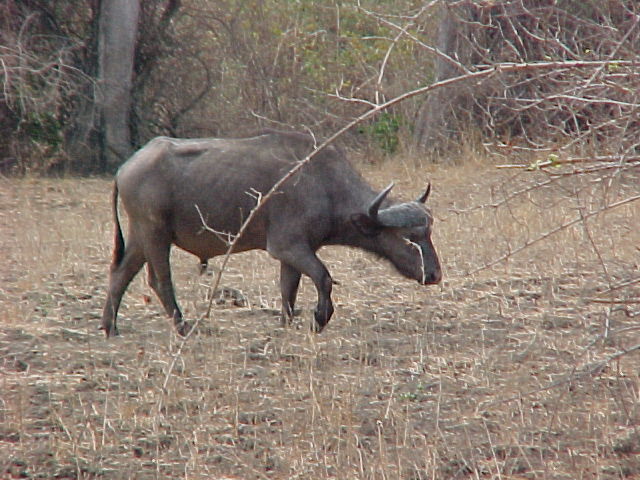
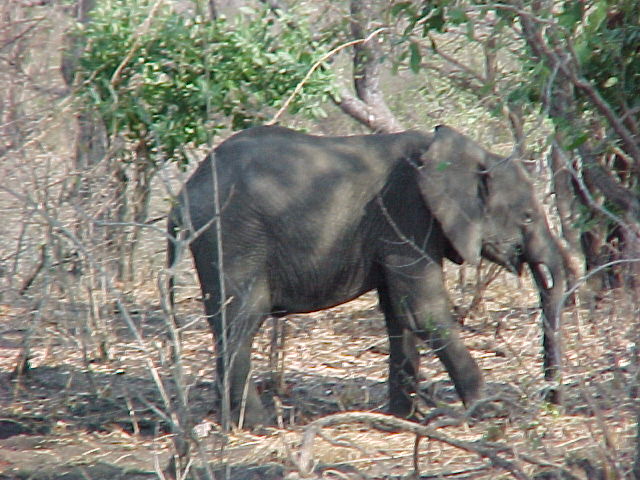
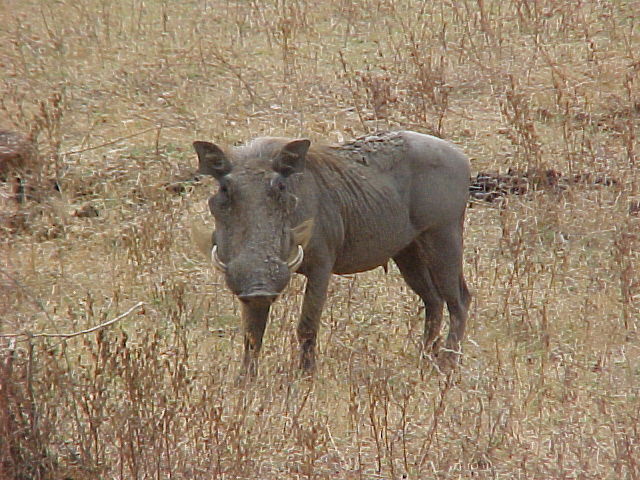
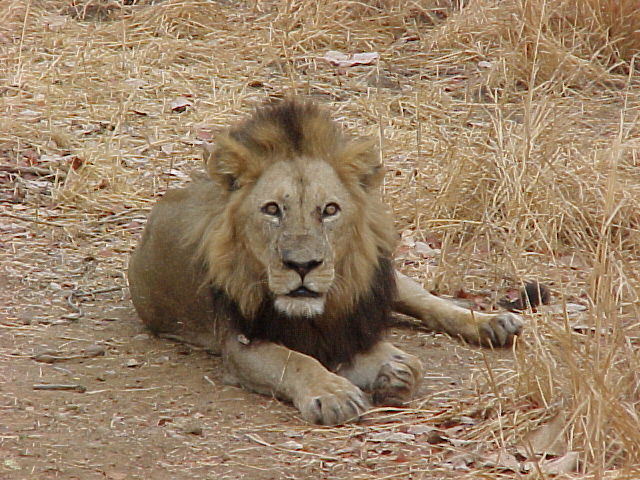
Leave a Reply
You must be logged in to post a comment.